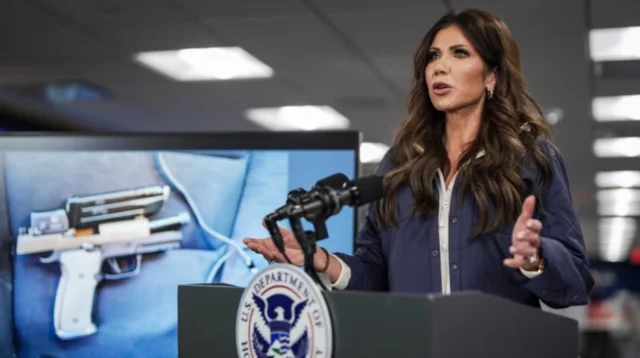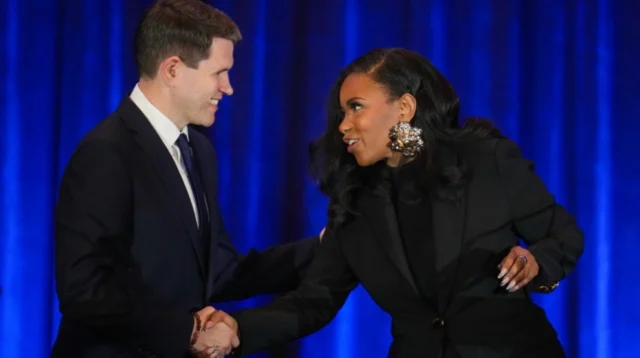According to new data gathered by Transparency International, lobbyists are putting more and more pressure on MEPs on defense-related matters. In the last year, lobbyists from defense companies, trade associations, and consulting groups have organized 197 meetings.
Brussels has seen a boom in defense-related lobbying since the European Parliament’s new term began in June 2024. Lobbyists from consulting firms, trade associations, and defense companies organized 197 meetings between June 2024 and June 17, 2025. This is a significant rise over the 78 meetings that were held throughout the preceding five years.
What explains the sharp rise in lobbying activity?
As reported by Transparency International, with an impressive 55 meetings over the last year, German MEPs were the most active in defense negotiations. Bulgaria came in second with 19, followed by the Czech Republic with 7, Poland and Latvia with 6, Spain with 15, Finland with 10, Italy and Denmark with 9 each, and Finland with 10.
Due in part to significant increases in their lobbying expenditures, certain interest groups have also demonstrated a greater presence in the Parliament than others.
To discuss the future of European defense, the implementation of the European Defence Industrial Strategy (EDIS), and the development of a robust European defence sector, for instance, RTX, a US aerospace and defence manufacturer, has arranged ten meetings with industry and security and defence committee members.
The Aerospace, Security and Defence Industries Association of Europe (ASD) has hosted twelve meetings with MEPs thus far, compared to just two during the previous term. This is another noteworthy rise in contacts with EU officials in the Parliament.
26 significant European corporations, including industry leaders like Airbus, Leonardo, Thales, and Rheinmetall, are represented by ASD, together with 23 national associations. According to the most recent data available in the EU Transparency Register, the group spent between €300,000 and €399,999 lobbying the EU institutions in 2023 and hired nine part-time lobbyists.
Parliament revised its regulations in September 2023 to include all MEPs and their helpers in the transparency standards. This may help to explain the rise in the number of meetings, as they are required to disclose the specifics of each planned meeting with lobbyists. However, it also makes room for unofficial meetings.
Since the start of their mandate in June of last year, 90 MEPs, primarily from the hard-right European Conservatives and Reformists (ECR), the non-attached, and the far-right European Sovereign Nations (ESN) party, have failed to announce a single meeting.





